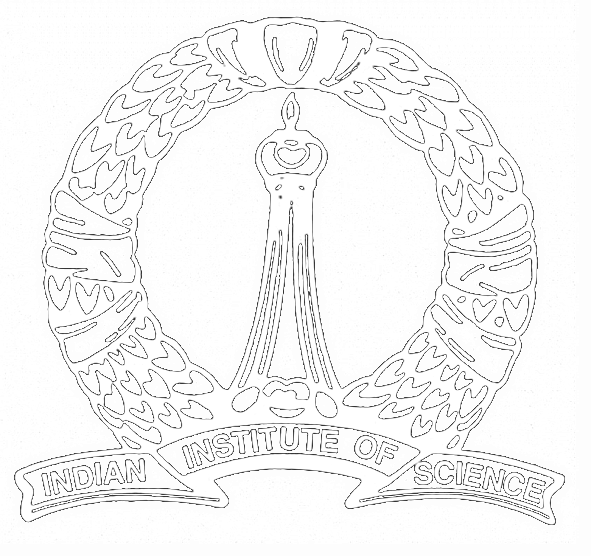Title: Colloquium: Higher order accurate numerical schemes for hyperbolic conservation laws
Speaker: Rakesh Kumar (IISER, Thiruvananthapuram)
Date: 28 November 2022
Time: 4 pm
Venue: Hybrid - Microsoft Teams (online) and LH-1, Mathematics Department
The system of hyperbolic conservation laws is the first order partial differential equations of the form \begin{equation} \frac{\partial \mathbf{u}}{\partial t}+\sum_{\alpha=1}^d \frac{\partial \mathbf{f}_{\alpha}(\mathbf{u})}{\partial x_{\alpha}} =0,~~~~~~ (\mathbf{x},t)\in \Omega \times (0,T], \qquad \qquad \qquad (1) \end{equation} subject to initial data \begin{equation} \mathbf{u}(\mathbf{x},0)=\mathbf{u}_0(\mathbf{x}), \end{equation} where $\mathbf{u}=(u_1,u_2,\ldots, u_m)\in \mathbb{R}^m$ are the conserved variables and $\mathbf{f}_{\alpha}:\mathbb{R}^m \rightarrow \mathbb{R}^m$, $\alpha=1,2,\ldots,d$ are the Cartesian components of flux. It is well-known that the classical solution of (1) may cease to exist in finite time, even when the initial data is sufficiently smooth. The appearance of shocks, contact discontinuities and rarefaction waves in the solution profile make difficult to devise higher-order accurate numerical schemes because numerical schemes may develop spurious oscillations or sometimes blow up of the solution may occur.
In this talk, we will discuss recently developed Weighted Essentially Non-oscillatory (WENO) and hybrid schemes for hyperbolic conservation laws. These schemes compute the solution accurately while maintaining the high resolution near the discontinuities in a non-oscillatory manner.
- All seminars.
- Seminars for 2022
